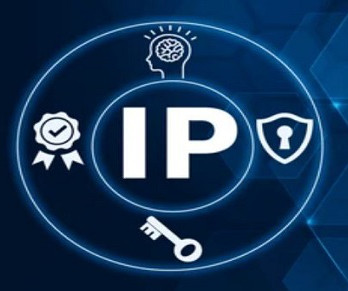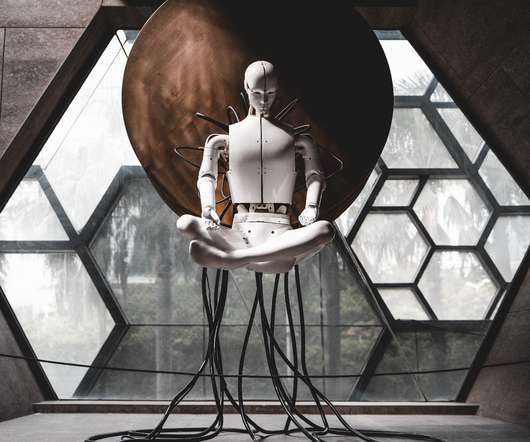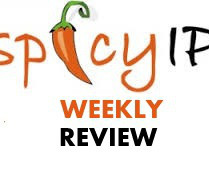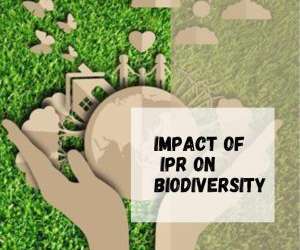Intersection of Intellectual Property Law and Competition Law with respect to Cross Licensing Agreements
IIPRD
MAY 9, 2024
This has led to the introduction of intellectual property rights which are a set of exclusionary rights as it excludes the world from enjoying a set of rights arising out an invention or creation, except the inventor or creator.




















Let's personalize your content